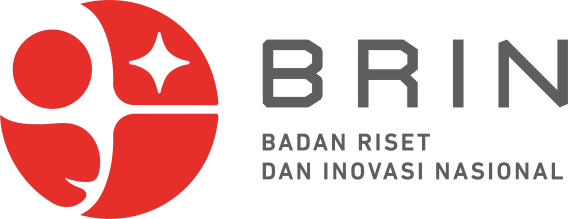Determinan Perilaku Hidup Bersih dan Sehat (PHBS) pada Masyarakat Tobimeita Wilayah Kerja Puskesmas Abeli Kota Kendari Tahun 2016
Abstract
Clean and Healthy Life Behavior (PHBS) is a health behavior carried out by individuals, families and communities in helping themselves in the health sector. This study aims to determine how the relationship between knowledge and attitudes with Clean and Healthy Behavior (PHBS) in the Tobimeita community, the working area of the Abeli Health Center. This type of research is descriptive analytic with a cross sectional approach, the sampling technique is random sampling (simple random), with a total sample of 80 respondents (Head of Family). The independent variables in this study were knowledge and attitudes, while the dependent variable was Clean and Healthy Living Behavior (PHBS). Data were collected using a knowledge, attitude and Clean and Healthy Life Behavior (PHBS) questionnaire and then presented in a tabular table. Data analysis with Chi-Square statistical test with The results of the study on the knowledge variable obtained a value of 15,703 with a P value of 0.000 and the attitude variable obtained a value of 14.749 with a P value of 0.001. For this reason, the researcher suggests to the relevant agencies, especially the Tobimeita Sub-district office and the Abeli Health Center so that the results of this study can be used as input for the development of services, especially community nursing services and can be used as reading material to broaden students' horizons and can be used as a reference for educational institutions and students who want to study this further














3.jpg)



